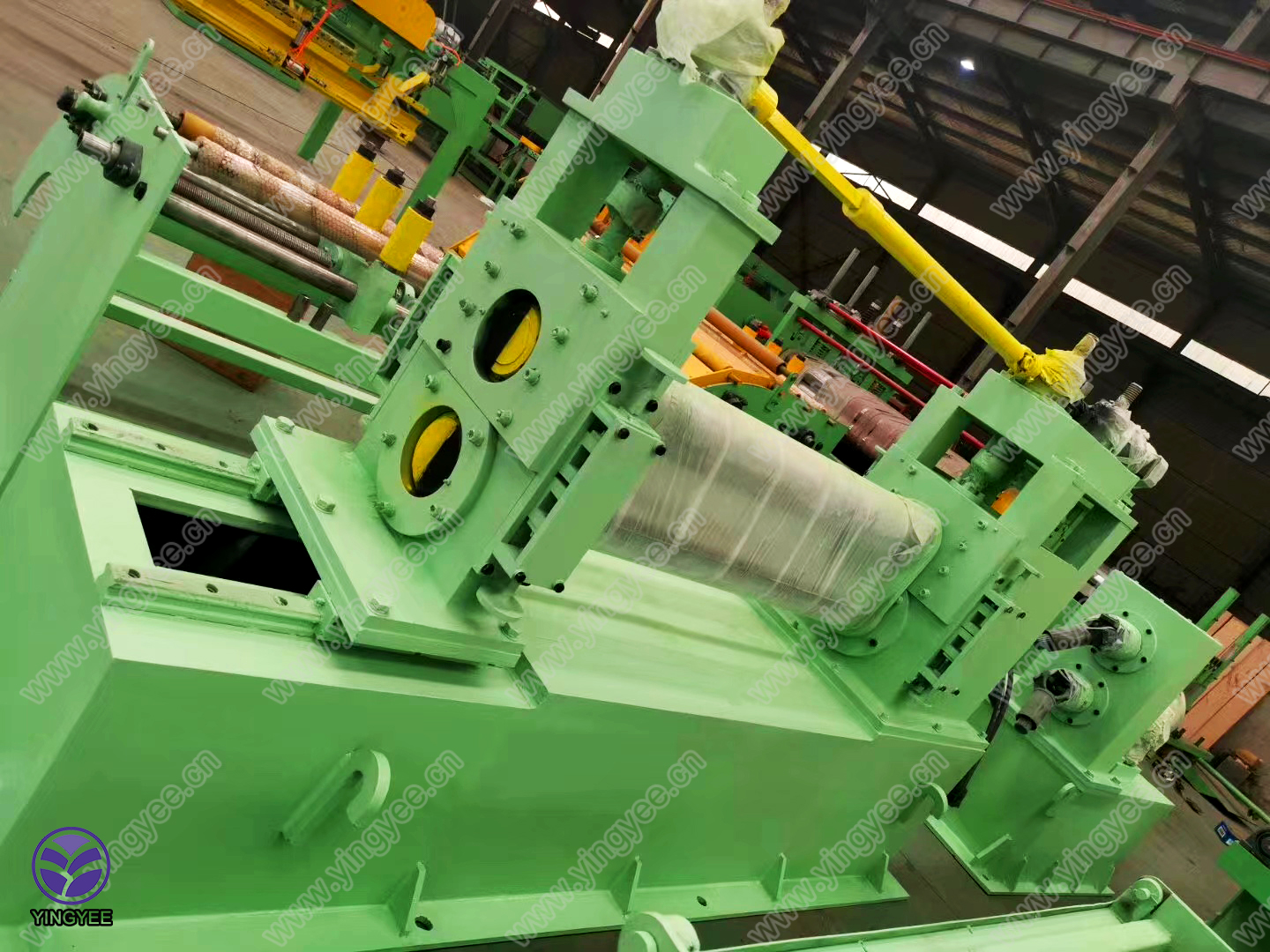
The EPS Sandwich Panel Machine Revolutionizing Building Materials
In the modern construction industry, the quest for lightweight, durable, and insulated building materials has led to the rising popularity of sandwich panels. At the forefront of this innovation is the EPS sandwich panel machine, a pivotal piece of equipment that has revolutionized building construction. This article explores the critical features, benefits, and applications of EPS sandwich panel machines, shedding light on how they contribute to the efficiency and sustainability of construction projects.
Understanding EPS Sandwich Panels
EPS, or Expanded Polystyrene, sandwich panels consist of a core layer of EPS foam sandwiched between two outer layers of metal (usually steel). This design combines the insulating properties of EPS with the strength of metal, resulting in a building material that is lightweight yet highly durable. The thermal insulation properties of EPS make these panels ideal for use in various climates, ensuring energy efficiency and comfort in residential and commercial buildings alike.
Role of the EPS Sandwich Panel Machine
The EPS sandwich panel machine is essential for producing these innovative panels. This machine automates the manufacturing process, enabling the mass production of high-quality sandwich panels with consistent specifications. The machine typically includes several components, such as
1. EPS Block Cutting Unit This unit cuts expanded polystyrene blocks to the desired dimensions for the core of the sandwich panel. 2. Roll Forming Unit It shapes the metal sheets that will form the outer layers of the panel. 3. Laminating Unit This is where the EPS core is sandwiched between the metal layers. Advanced adhesives or bonding techniques ensure a robust attachment that can withstand various environmental conditions. 4. Curing and Cooling Section This segment is essential for allowing the adhesive to set properly, enhancing the panel's structural integrity.
Advantages of Using EPS Sandwich Panel Machines
1. Efficiency The automation provided by the EPS sandwich panel machine significantly reduces the time and labor costs associated with manual production. Speed and efficiency are essential, especially in large-scale construction projects.

2. Quality Control With standardized production processes, these machines consistently produce panels that meet specific quality standards. This uniformity is crucial for structural integrity and thermal performance.
3. Cost-Effectiveness Although the initial investment in an EPS sandwich panel machine may be substantial, the long-term savings associated with reduced labor costs, material waste, and energy efficiency make it an economically wise choice.
4. Customization Many EPS sandwich panel machines offer customizable options, allowing manufacturers to produce panels in various sizes, thicknesses, and finishes to meet specific project requirements.
5. Sustainability The combination of lightweight materials and excellent insulation properties leads to reduced energy consumption in buildings. Moreover, the use of recyclable materials in EPS production aligns with global sustainability goals.
Applications of EPS Sandwich Panels
EPS sandwich panels are versatile and can be utilized in a multitude of applications
- Industrial Warehouses Their durability and insulation properties make them ideal for constructing industrial facilities that require temperature control. - Cold Storage Facilities The excellent thermal insulation of EPS helps maintain low temperatures in cold storage applications, which is vital for preserving perishable goods. - Residential Buildings Increasingly, homeowners are choosing EPS sandwich panels for their lightweight construction and energy efficiency, leading to cost savings in heating and cooling. - Prefab Structures The ease of transport and assembly makes EPS sandwich panels a popular choice for prefabricated buildings, contributing to quicker construction timelines.
Conclusion
The EPS sandwich panel machine is a groundbreaking advancement in the construction industry that streamlines the production of high-quality sandwich panels. With its numerous advantages, including efficiency, cost-effectiveness, and sustainability, it has become a crucial asset for manufacturers and builders alike. As the demand for innovative building materials continues to grow, EPS sandwich panels are poised to play an even more significant role in shaping the future of construction, paving the way for more energy-efficient and environmentally friendly buildings. As we move into an era of heightened awareness regarding sustainability and resource efficiency, the EPS sandwich panel machine represents not only a technological advancement but also a commitment to a better-built environment.